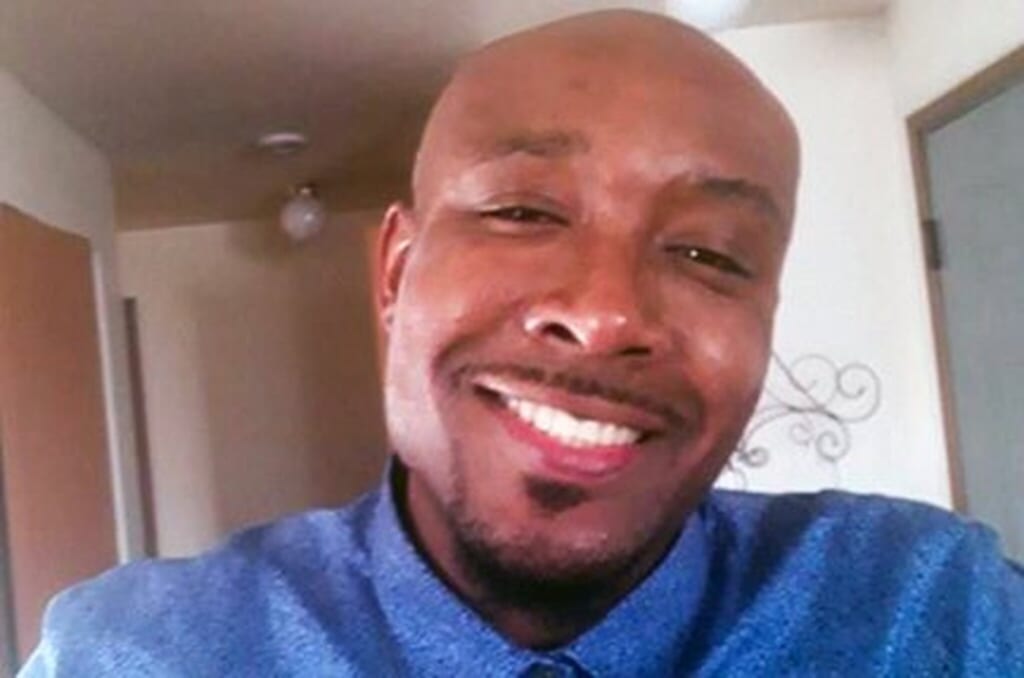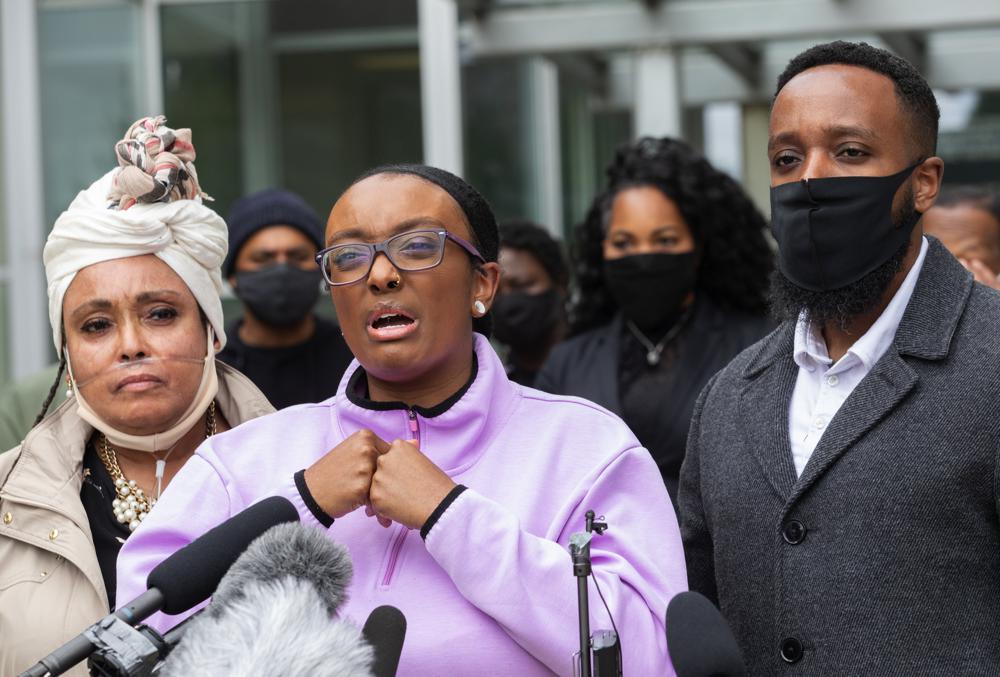Murder charges filed against officers in Manuel Ellis’ death
Bob Ferguson said in a statement he charged officers Christopher Burbank and Matthew Collins with second-degree murder and Timothy Rankine with first-degree manslaughter
The Washington state attorney general on Thursday charged two Tacoma police officers with murder and one with manslaughter in the death of Manuel Ellis, a Black man who died after telling them he couldn’t breathe as he was being restrained.
Attorney General Bob Ferguson filed charges of second-degree murder against Christopher Burbank and Matthew Collins, and first-degree manslaughter against Timothy Rankine.
Witnesses reported seeing Burbank and Collins attack Ellis without provocation, according to a probable cause statement filed in Pierce County Superior Court, and Rankine is accused of putting pressure on Ellis’ back as the man said he couldn’t breathe.
Ellis, 33, was killed on March 3, 2020, just weeks before George Floyd’s death under the knee of a white Minneapolis police officer triggered a nationwide reckoning on race and policing. The Pierce County medical examiner called his death a homicide and attributed it to lack of oxygen from being restrained.
Read More: Activists call for charges for Louisiana troopers in Ronald Greene’s death

The death made Ellis’ name synonymous with pleas for justice at protests in the Pacific Northwest. His final words — “I can’t breathe, sir!” — were captured by a home security camera.
“Ellis was not fighting back,” the probable cause statement said. “All three civilian witnesses at the intersection … state that they never saw Ellis strike at the officers.”
Five Tacoma officers have been on paid home leave pending the charging decision, and Ferguson said the investigation is continuing.
A Pierce County sheriff’s deputy who helped restrain Ellis, Sgt. Gary Sanders, was also a focus of the probe.
The encounter began after officers reported seeing Ellis trying to get into occupied cars at a red light. They cast Ellis as the aggressor, saying he charged as an officer exited a police car.
But two witnesses who recorded parts of the fatal interaction came forward with identical stories, saying police attacked without provocation. An officer in the passenger side of a patrol car slammed his door into Ellis, knocking him down, and then jumped on him and started beating him, they said.
Pierce County Sheriff Ed Troyer, who was at the time a detective and the spokesman for the sheriff’s office, said then that none of the officers placed a knee on Ellis’ neck or head. But one of the witness videos that later surfaced depicts just that.

Read More: New NY bill would ban fired police officers from getting re-hired
The Pierce County Sheriff’s Office botched the initial investigation into Ellis’ death by failing to disclose for three months that one of its deputies had responded; state law requires independent investigations. The Washington State Patrol took over, and the Attorney General’s Office conducted its review based on evidence gathered by the patrol.
Ellis had a history of mental illness and addiction. In September 2019, he was found naked after trying to rob a fast food restaurant. A sheriff’s deputy subdued him with a Taser after he refused to remain down on the ground and charged toward law enforcement.
But his landlords at the sober housing where he was staying told The Seattle Times he had been doing well in recent months after embracing mental health care for his schizophrenia.
Ellis’ death, Pierce County’s botched investigation into it, and the national outcry for racial justice helped inspire Gov. Jay Inslee to convene a task force to suggest ways to guarantee independent reviews of police use of deadly force.
Last week, Inslee signed one of the nation’s most ambitious packages of police accountability legislation, including outright bans on police use of chokeholds, neck restraints and no-knock warrants. The legislation also makes it easier to decertify police for bad acts — and creates an independent office to review deadly force cases.
Have you subscribed to theGrio’s new podcast “Dear Culture”? Download our newest episodes now!
TheGrio is now on Apple TV, Amazon Fire, and Roku. Download theGrio today!

